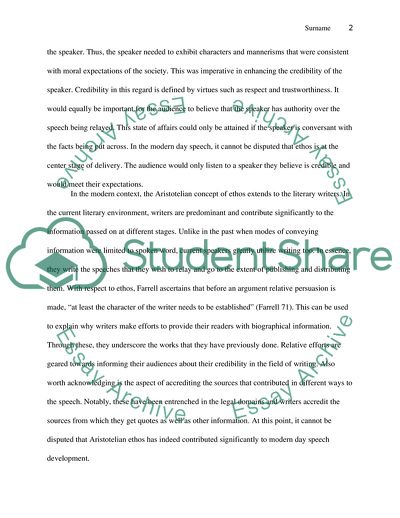Cite this document
(Philosophy as a Body of Knowledge Essay Example | Topics and Well Written Essays - 1250 words, n.d.)
Philosophy as a Body of Knowledge Essay Example | Topics and Well Written Essays - 1250 words. https://studentshare.org/philosophy/1770338-crs-183-essay-2
Philosophy as a Body of Knowledge Essay Example | Topics and Well Written Essays - 1250 words. https://studentshare.org/philosophy/1770338-crs-183-essay-2
(Philosophy As a Body of Knowledge Essay Example | Topics and Well Written Essays - 1250 Words)
Philosophy As a Body of Knowledge Essay Example | Topics and Well Written Essays - 1250 Words. https://studentshare.org/philosophy/1770338-crs-183-essay-2.
Philosophy As a Body of Knowledge Essay Example | Topics and Well Written Essays - 1250 Words. https://studentshare.org/philosophy/1770338-crs-183-essay-2.
“Philosophy As a Body of Knowledge Essay Example | Topics and Well Written Essays - 1250 Words”. https://studentshare.org/philosophy/1770338-crs-183-essay-2.


